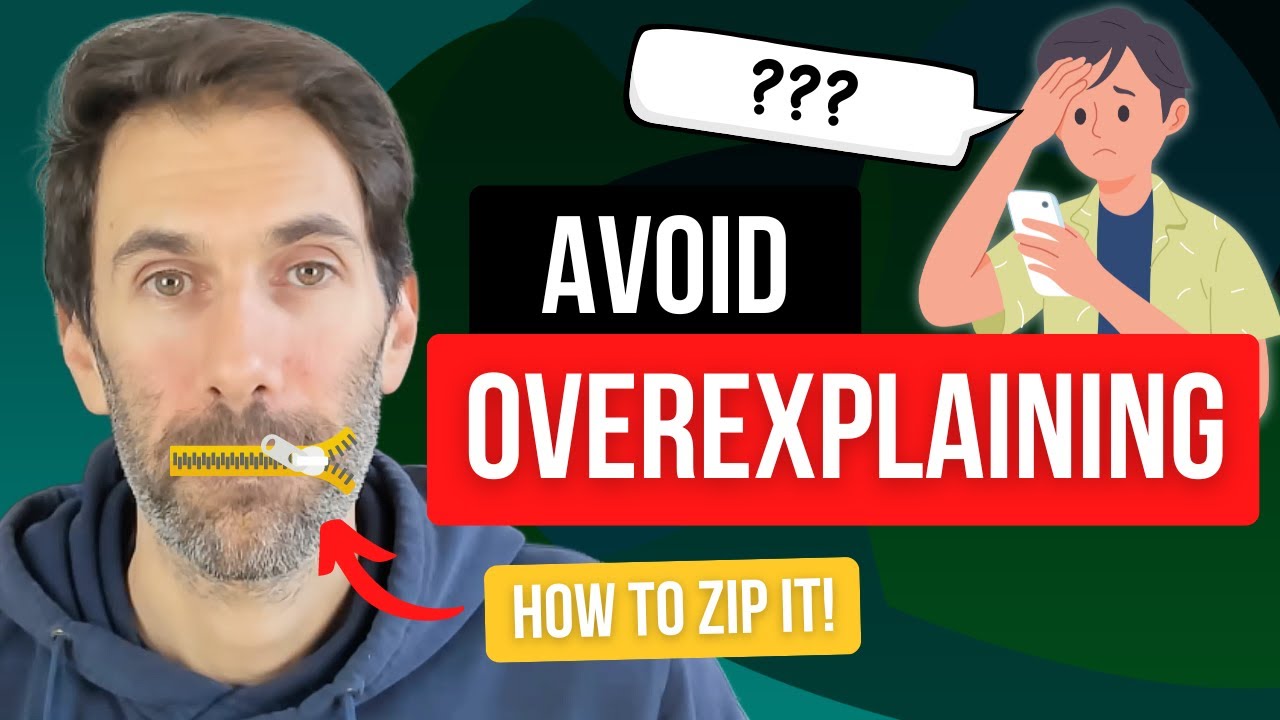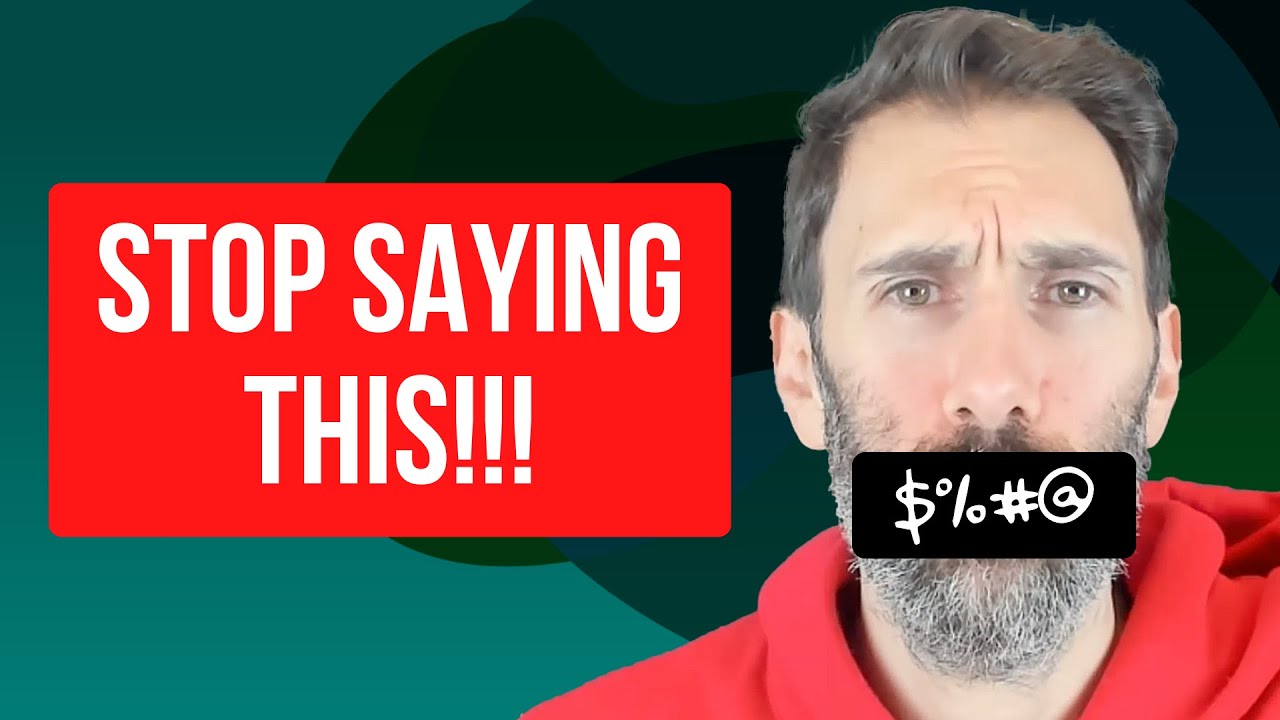Are you actually autistic or are you really an introvert? (5 Ways To Know the Difference)
Summary
TLDRIn this insightful video, Paul Micallef from Autism from the Inside explores the nuanced differences between introversion and autism. He poses five reflective questions designed to help viewers discern whether they identify more with being an introvert, autistic, or possibly both. The script delves into preferences for solitude, social anxiety, sensory sensitivities, emotional regulation, and the sense of belonging, aiming to provide clarity on this often confusing spectrum of human behavior.
Takeaways
- 🤔 The script discusses the overlap between traits of introversion and autism, such as preferring solitude and not being very social.
- 📊 It suggests that while many people may identify as introverts, a significantly smaller percentage are autistic, indicating a need to differentiate between the two.
- 🧐 The first question to consider is why one prefers spending time alone—whether it's for personal enjoyment or due to finding social interactions stressful.
- 👥 The second point is about the effort required to maintain relationships, with a focus on whether one finds it difficult to connect deeply with others.
- 👂 The third takeaway discusses the importance of sensory preferences and how atypical sensory experiences can be a sign of autism.
- 💪 The fourth point highlights the challenges many autistic people face with emotional regulation, which can be a result of sensory overload or social stress.
- 🏠 The feeling of home as a safe haven where one can recharge and feel secure, as opposed to the outside world which can be perceived as hostile, is a common theme among autistic individuals.
- 🌐 The script emphasizes the difference in personal identification with the group, where autistic individuals often feel like outsiders and struggle with a sense of belonging.
- 🤝 It contrasts the introverted preference for fewer but close relationships with the autistic experience of wanting deeper connections but finding it challenging to achieve them.
- 🔍 The importance of self-reflection through the proposed questions is underscored to help individuals understand their own tendencies and experiences better.
- 📈 The final takeaway is an invitation for viewers to support the channel and share their experiences, highlighting the community aspect of the content.
Q & A
What is the main purpose of the video by Paul Micallef?
-The main purpose of the video is to help viewers differentiate between being autistic and being an introvert by asking themselves five reflective questions.
Why might the traits of introversion and autism seem to overlap initially?
-The traits of introversion and autism may seem to overlap because both can involve a preference for solitude, less social interaction, and a tendency to engage in individual activities.
According to Paul, what percentage of the population identifies as an introvert?
-Paul suggests that approximately 50% of the population identifies as an introvert.
What percentage of the population is autistic, as mentioned in the video?
-Less than 5% of the population is autistic, according to the information provided in the video.
Why is it suggested that being an extreme introvert might indicate autism?
-Being an extreme introvert might indicate autism because autism is a neurological difference, and significant deviation from the norm could be a sign of this condition.
What is the first question Paul suggests asking oneself to determine if they are autistic?
-The first question is about why one likes spending time alone—is it due to a preference for certain activities or because the outside world is perceived as stressful and dangerous.
How does Paul describe the typical effort required to maintain relationships for an introvert versus an autistic person?
-Paul describes that introverts might not have many friends but are satisfied with their existing relationships, whereas autistic individuals might find maintaining relationships challenging and desire deeper connections.
Outlines

This section is available to paid users only. Please upgrade to access this part.
Upgrade NowMindmap

This section is available to paid users only. Please upgrade to access this part.
Upgrade NowKeywords

This section is available to paid users only. Please upgrade to access this part.
Upgrade NowHighlights

This section is available to paid users only. Please upgrade to access this part.
Upgrade NowTranscripts

This section is available to paid users only. Please upgrade to access this part.
Upgrade NowBrowse More Related Video

Are you an over-explainer? The Real Reason You Keep Over Explaining Yourself (And How to Fix It!)

37 Things to Stop Saying to Autistic People!!

Do Vaccines Cause Autism?

63 common autistic traits you never realised were signs of autism! How many apply to you?

9 Signs You're Actually NOT Autistic

How to tell the difference between giftedness, ADHD and autism when the signs are so similar
5.0 / 5 (0 votes)